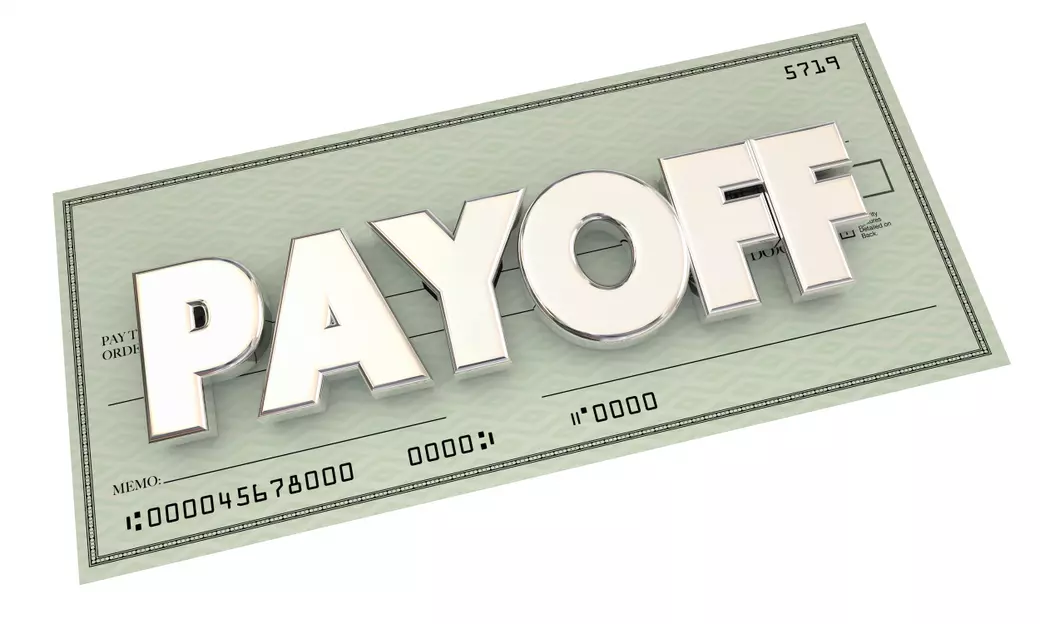Can You Sell a House That Still Has a Mortgage?

Understanding How It Works—and Why It’s Totally Normal
If you're thinking about selling your house and still have a mortgage on it, you're not alone—and you're not stuck. In fact, most homes that are sold still have a mortgage attached. But if you’ve ever wondered how this works, or what exactly happens to that loan when the sale goes through, here’s the behind-the-scenes truth every seller should know.
The Mortgage Is a Loan Secured by a Lien
When you took out your mortgage, you borrowed money from a lender to buy your home. But the lender didn’t just hand you the money and wish you luck—they also took out what’s called a lien against the property. That lien is a legal right that gives the lender a claim to your home until the loan is fully paid back. It’s their way of making sure they get repaid.
The lien is recorded in your county’s public records as a Deed of Trust or Mortgage Deed, depending on your state. And until it’s satisfied, it stays with the property—even if you sell it.
You Can Sell… But the Mortgage Must Be Paid Off First
Here’s the part that confuses people: Yes, you can sell a house with a mortgage. But the mortgage must be paid off—in full—as part of the sale process.
This happens automatically at closing. When a buyer agrees to purchase your home, their lender wires the purchase funds to a neutral third party called an escrow company or settlement agent. That company is responsible for:
-
Collecting the buyer’s money
-
Paying off your existing mortgage
-
Releasing the lien
-
Giving you any remaining proceeds
Only after the mortgage is paid in full does your lender release their lien, allowing a clear title to pass to the new owner.
Don’t Forget About Second Mortgages or Equity Lines
In addition to your primary mortgage, there may be other liens on your property—such as a home equity line of credit (HELOC), a second mortgage, or even judgments from unpaid debts. These are known as secondary encumbrances, and they also must be paid off before you can transfer clear title to the buyer.
Here’s how it works:
-
Your primary mortgage (the original loan you used to purchase the home) has what’s called first lien position. This means it gets paid first, ahead of all other claims.
-
Any secondary liens—like HELOCs or second loans—are in junior position. They only get paid once the primary loan is satisfied.
-
Escrow will order payoff statements from all lienholders and make sure everyone gets paid correctly, in order of priority.
-
All liens must be released before the sale can close.
If there isn't enough equity in your home to pay off both the primary and secondary liens, you may be looking at a short sale situation, which involves lender negotiation and can delay the process.
What Happens at Closing? 
At closing, your mortgage payoff is calculated down to the exact day. Your escrow officer requests a payoff statement from your lender showing the precise amount needed to release the lien. Then, from the buyer’s funds:
-
The mortgage is paid off
-
Any secondary liens (HELOCs, second mortgages, etc.) are paid off
-
The liens are officially removed
-
The remainder (after any commissions, taxes, and fees) is sent to you
Bottom Line: The Mortgage Goes, So the Buyer Gets Clear Title
You don't need to pay off your mortgage in advance or have it cleared before listing your home. But the sale can’t be finalized until all liens—primary and secondary—are fully repaid. That’s what the escrow process is designed to handle.
If you’re still unsure how your particular loan or situation might play out, we’re happy to walk you through the numbers and steps. Selling a home with a mortgage is normal. What matters is making sure everything is handled properly so there are no surprises at closing.
If you'd like to listen to a discussion of this topic, tune in to the Podcast Episode
Categories
- All Blogs (105)
- Inheritance & Estate Planning (4)
- Auburn real estate (12)
- Bonney Lake Housing Market (4)
- Bonney Lake real estate (12)
- Buyer & Seller Advice (13)
- closing a home sale in Washington (7)
- common mistakes that delay real estate closings (3)
- contingent offer pros and cons Pierce County (1)
- Contingent Offers Explained (1)
- Downsizing & Retirement Living (3)
- Home Buying Advice (3)
- home closing tips Lake Tapps (6)
- home sale contingency Lake Tapps (2)
- Home Selling Advice (15)
- Home Selling Strategies (15)
- how escrow works when buying a house (2)
- how to protect your funds during a home purchase (1)
- Lake Tapps Real Estate (13)
- leaving home to kids (2)
- Pierce County Real Estate (14)
- Pierce County Real Estate Tips (12)
- Real Estate Closing Process (4)
- Real Estate Market Trends (9)
- real estate professionals in Western Washington (7)
- Real Estate Tips (14)
- real estate wire fraud prevention (1)
- senior living (3)
Recent Posts











If you haven't subscribed to our newsletter, you're missing out on great stories like the one above that could be coming right to your inbox every few weeks.
Please use the form to request a subscription.
